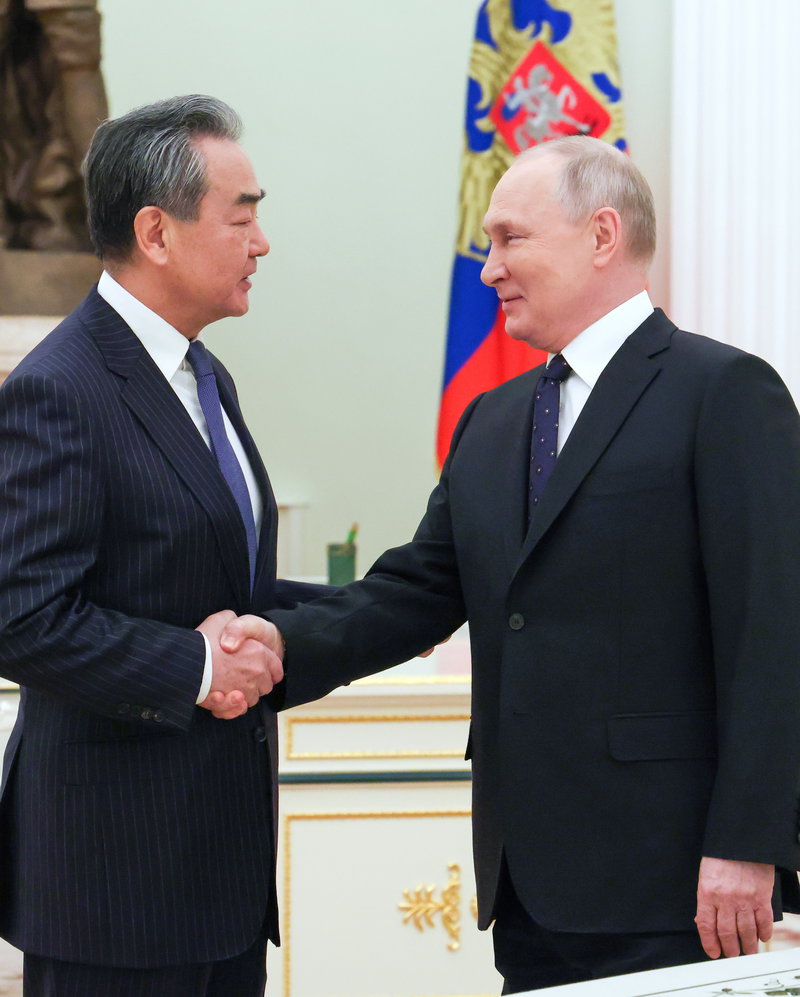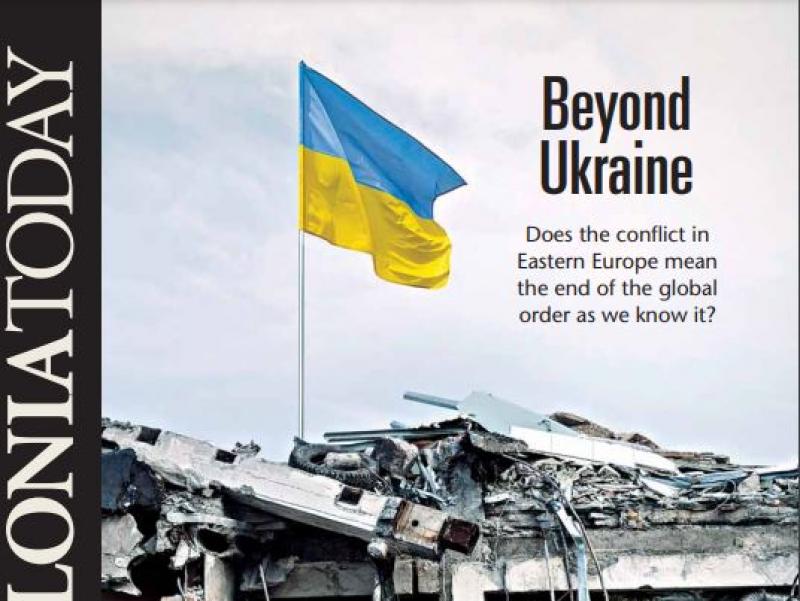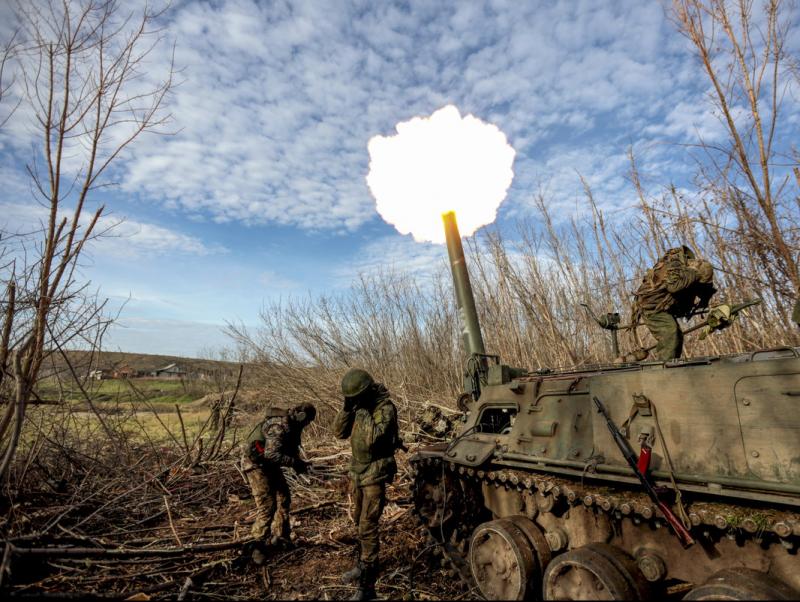Pro-Russian pseudo-neutrality
On February 23, the German newspaper Der Spiegel published news of the negotiations between the Russian army and the Chinese company Bingo Intelligent Aviation Technology to buy one hundred attack drones. US officials then claimed that Russia was also trying to buy mortar cannons, the most lethal weapons used in the Ukrainian war, as it had nearly used up the supplies it had obtained from Belarus and North Korea. Until that date, China had only sent materials such as helmets or aircraft parts, but a change in positioning that included the supply of weapons might not only change the course of the war, currently being won by Ukraine, but could also help Russia circumvent Western sanctions by sending it highly technological components for drones, cruise missiles and other precision weapons. Hence the impact of this announcement worldwide. However, it is not yet clear whether these speculated shipments have materialised.
Firstly, the Chinese leadership is divided on the issue. On the one hand, it does not want to see Russia humiliated by America, whom it accuses of prolonging the war for its own interests. On the other, its leaders are irritated that the arms negotiations have been made public, because if not done secretly and outside international scrutiny, China loses any image of neutrality that would allow it to mediate in the peace process, for which it even published a twelve-point plan on February 24.
It is also important to take into account the international context in which these negotiations have been made public, with the world increasingly divided, evoking the days of the Cold War. On one side, there is the West, led by the US and based on the values of democracy, freedom and the rule of law. On the other, China and Russia, who declared a “boundless friendship” just before the start of the war. China cares about the weakening of the West in order to weaken the international power structure, which it believes promotes the interests of liberal democracies and does not give it the weight it deserves as one of the world’s greatest powers. It is for this reason that it has created parallel infrastructures where it has the majority power and mimics the power structure created after WWII.
Even so, China is one of the biggest defenders of national sovereignty and territorial integrity, so defending the war in Ukraine creates irreconcilable dilemmas. This is based on the fact that Beijing’s main argument for claiming Taiwan as an integral part of its territory, and therefore its non-recognition and potential reunification or invasion, is the fact that the island was owned by China before the civil war that gave control to the communist regime. Whether it invades Taiwan or sends weapons to Russia, one thing is certain: China would face Western sanctions that it cannot afford right now.
We are entering a paradigm shift that will reshape the world order. After WWII, the prevailing norm was free trade and dialogue, with the aim of preventing a conflict of this size again. For this reason, a series of multilateral institutions such as the UN and the WTO were created to act as multilateral forums in which diplomacy replaced war.
It is worth noting that the Chinese economy does not only depend on the West, since it also has a great energy dependence on Russia, so it is interested in finding a way out of the war that does not interrupt a continuous and safe supply of gas and oil.
Also worth noting is that in a post-war scenario, China could play a key role in preventing Putin and his regime from facing international courts of justice. As a non-signatory to the Hague Convention, it is unlikely that Putin would be tried by the International Court of Justice for crimes against humanity. A possible alternative would be the creation of a special tribunal within the UN to try war crimes. As a member of the UN Security Council with veto power, China could well prevent this from ever happening, acting as a guarantor of impunity for Putin and his regime.
China’s decision regarding the shipment of weapons to Russia is complicated, then. On the one hand, it has the potential to change the course of the war, which could escalate the global conflict. On the other, China attaches key importance to interpersonal relations based on trust, and with the leak of negotiations it feels that this trust has been betrayed, which makes it difficult for it to send the weapons. Moreover, having been made public, it is certain that, if it did, it would face sanctions that are very harmful to its economy and would irreversibly worsen its image as a mediating and peaceful power. Ultimately, this decision depends only on one man – Xi Jinping. It is to be hoped that Chinese ancient wisdom will accompany it.
International



